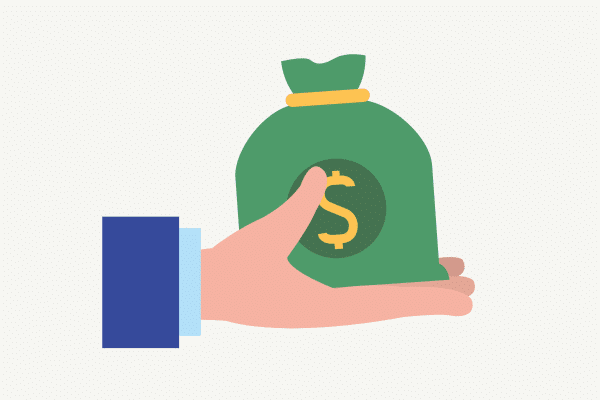
As a business owner, how much should I pay myself on a W2 before year end? This is a common question we get from small business owners. How you pay yourself as a business owner largely depends on your business structure, where you are in your business journey, and a few other key factors.
Here are the two most effective ways to pay yourself as a business owner:
1️⃣ Salary
You pay yourself a regular salary, withholding taxes from your paycheck. This is legally required for businesses that are structured as S- or C-corporations or a limited liability company (LLC) taxed as a corporation. The IRS has a “reasonable” compensation requirement, which means your salary should be comparable with what someone else doing the same job in your industry would be paid.
2️⃣ Owner’s Draw
Outside of running W2 payroll, if you are a sole proprietor, S-Corp, or Partnership, all remaining money in your business account can be distributed to the owners, equally per their ownership percentage, at any time. You are taxed on all of your profits annually, so all the remaining cash in your business account is yours to choose what you do with. Just remember you will owe federal tax on your profits when filing your personal 1040 taxes.
So, How Do You Decide?
Your specific business structure dictates whether a salary, an owner’s draw, or a combination of both is the right move for you.
❓ How Much Should You Pay Yourself?
This is one of the most common questions we get. Most people just guess an amount, which usually causes them to over-pay unnecessary payroll taxes, which is a waste of money.
💡 Start with Your Business’ Net Profit
Your reasonable salary should be based on your business’s net profit, which is your business revenue minus all business expenses, and/or using our third-party software to answer a number of questions to determine what your maximum salary amount should be.
💡Avoid Risking an IRS Audit
What you want to avoid is risking an IRS audit because you did not pay yourself a high enough W2 salary, or have any justification for how you came up with your W2 salary amount.
Steer Clear of These W2 Pitfalls
Here are some common mistakes to avoid when setting up your W2 salary:
- 📌 Mixing personal and business finances
- 📌 Not budgeting for taxes
- 📌 Underpaying yourself, risking an IRS audit due to not meeting the reasonable salary rule for S-Corporations.
Your compensation should be part of your overall business plan. Financial projections should include your salary or owner’s draw to give you a clear picture of what your business needs to thrive. If you’re unsure which method is best for you, we’re here to help.
Get Personalized Tax Advice
Looking for more tailored tips on paying yourself as a business owner? We’re here to help you navigate your business structure and compensation strategy with ease. Give us a call today!
